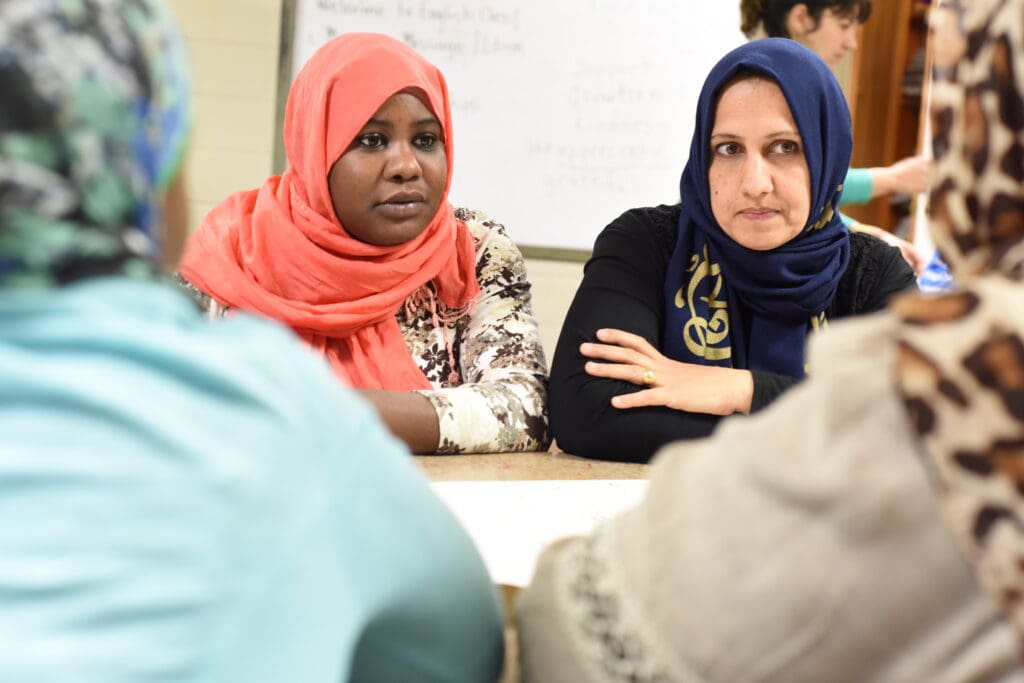
Once approved, refugees must find a sponsor or borrow money to pay for the cost of transportation. Refugees will then fly to America. Before arrival, they will be assigned to a resettlement agency. The agencies help with their settlement needs for the first ninety days in the United States. Since ninety days isn’t much time to get a household setup, find a job, learn English, etc. resettlement agencies also work to find sponsors to help the refugees long-term. Unfortunately, a majority of refugees are not sponsored.
Following their ninety days in the States, Friends of Refugees continues to provide long-term care and services to refugees.
New Americans in our community have come from well over 100 ethnic groups globally. Here are some of the people groups who have arrived in Clarkston.
| Afghanistan | Central African Republic | Iran | Sierra Leone |
| Angola | Congo | Iraq | Somalia |
| Belarus | Croatia | **Kenya | Sudan |
| Bhutan* | Cuba | Kosovo | ***Thailand |
| Bosnia | Eritrea | Liberia | Togo |
| Burma | Ethiopia | Moldova | Turks from Russia |
| Burundi | Former USSR | Nigeria | Ukraine |
| Cambodia | Indonesia | North Korea | Vietnam |
*Nepali-speaking Bhutanese people from the southern area of Bhutan. Registered as refugees in Nepal during the mass deportation of the 90’s
**Children from Somalian or Sudanese families born in refugee camps.
***Children from Southeast Asian families born in refugee camps
If you would like more information about the cultural backgrounds of refugee populations, please visit The Cultural Orientation Resource Center

